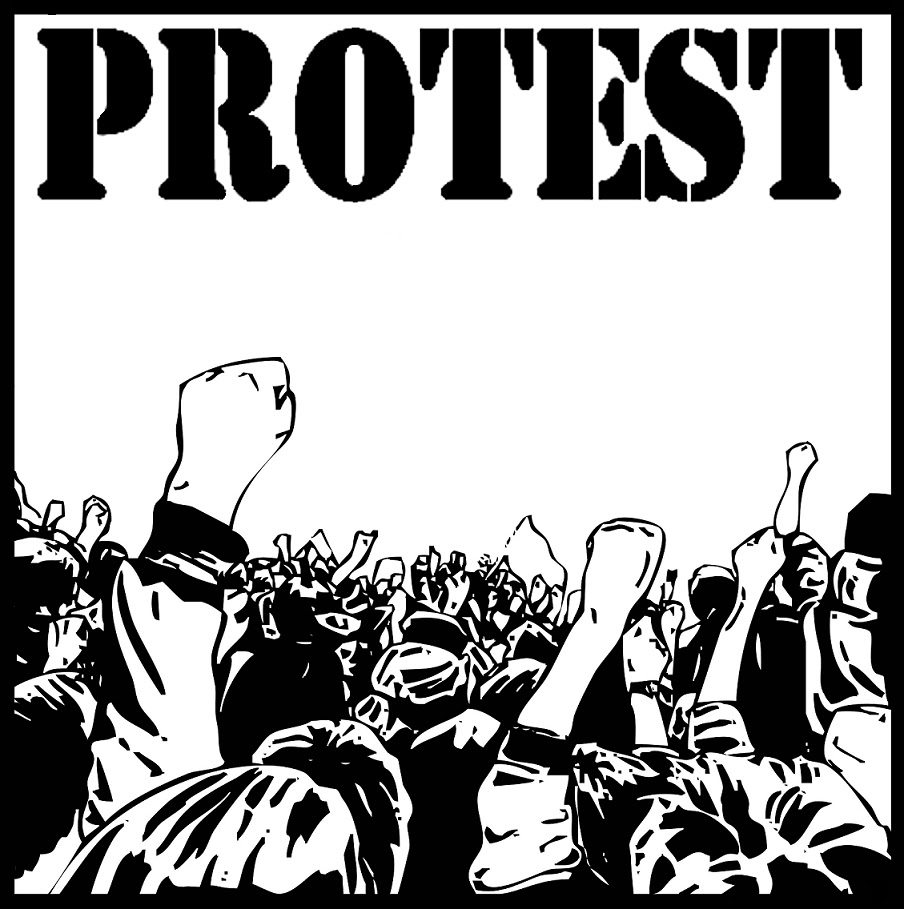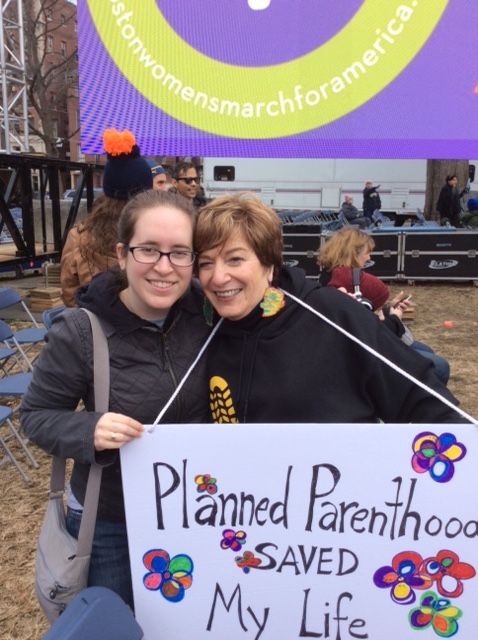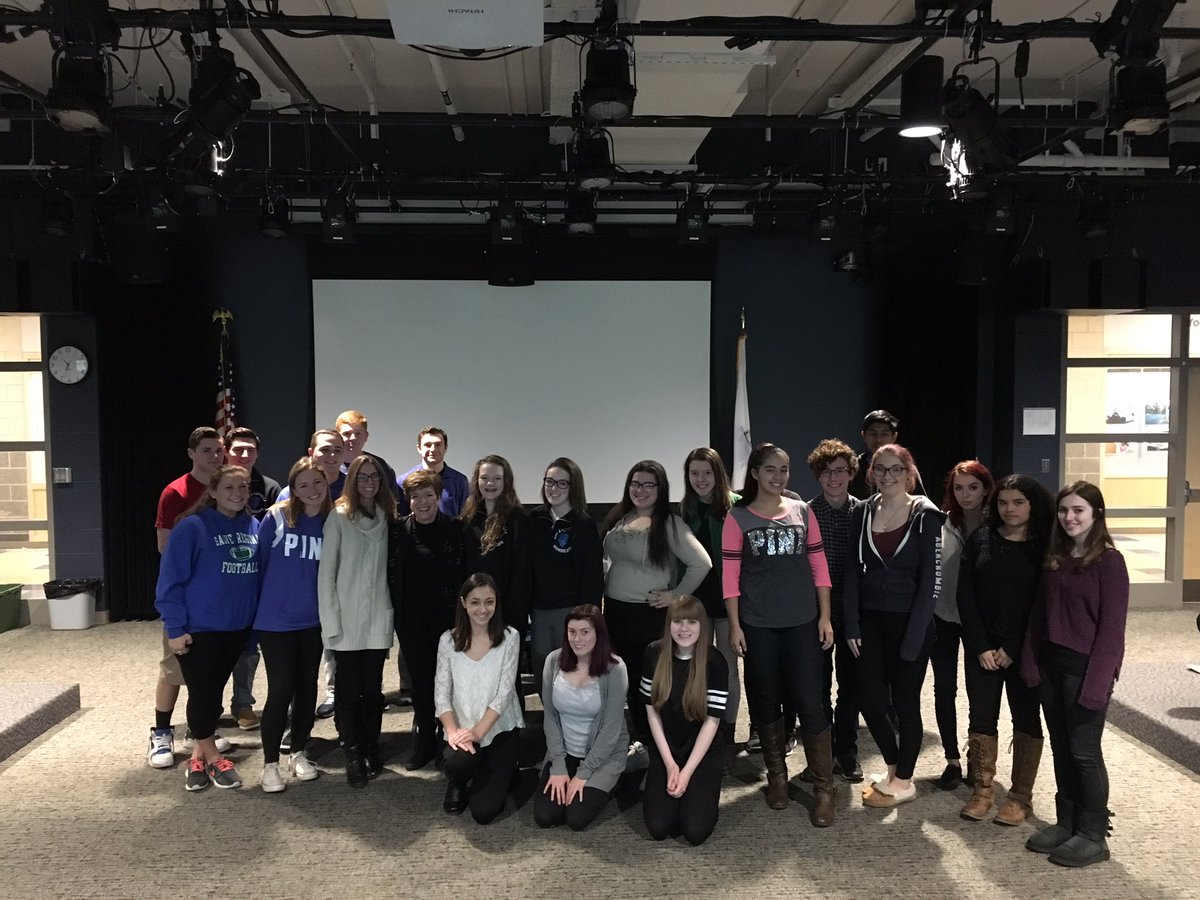Please see my newest on HuffPost which begins: “It shouldn’t be surprising to hear federal prisoner and prisoner rights advocate Christopher Zoukis, who has written four books and produced countless articles for outlets such as the New York Daily News, Prison Legal News, and the Huffington Post, is under fire once again for his writing activities. Accused of running a business, so far he has served 30 days in solitary confinement. This is the third time Zoukis has received sanctions for his writing actions, with five months in the hole being the most severe punishment to date. MORE
Category Archives: Uncategorized
#WomensMarch
Keep the actions going! Here’s more info from the #WomensMarch
Action 1 / 10
THE FIRST ACTION
Write a postcard to your Senators about what matters most to you – and how you’re going to continue to fight for it in the days, weeks and months ahead. We’re offering printable postcards for you to download.
You can go it alone, or consider inviting some friends, neighbors and fellow Marchers over for a drink or dinner sometime in the next ten days to talk about your experience and fill out your postcards.”
It’s easy! Just print them at home or at a print shop and send to your senators.
For more, see The Campaign that is folowing from the millions who marched world-wide on January 21st: 10 ACTIONS / 100 DAYS.
What writing a book about a juvenile lifer taught me
In April, 2016, my book Boy With A Knife: The Story of Murder, Remorse, and a Prisoner’s Fight for Justice was published by Ig Publishing. But getting the book into print was hardly the beginning of my getting to know Karter Reed, a once juvenile lifer, who eventually won parole by suing and then settling with the Parle Board in Massachusetts. It was hardly the beginning of my coming to understand now firmly held beliefs: that our country must not send youth to adult prisons and that as a nation, we have come late to the compassion table
Karter Reed killed a boy when he was sixteen and while there is no excusing the tragedy that his murder of Jason Robinson incurred—for both Jason and Karter’s friends and famiies and for the communities they hailed from—he was a child who ended up serving time in a prison with adults, subject to rape, violence, with difficult barriers to get more than his GED, therapy and age-appropriate programming. Karter was like more than 200,000 youth who each year are tried, sentenced, or imprisoned as adults across the United States. On any given day, 6,000 youth are detained or incarcerated in adult jails and prisons. We know that punishment is more severe for kids of color all across the board and that housing kids with adults creates more mental health as well as safety issues.
I learned all this slowly and much of it through Karter as well as through six years of digging into trial transcripts, books, articles and case studies. This began in 2007, when Karter first wrote me from prison. He asked me, a college professor and writer, if I could help a friend with parole. We wrote over one hundred letters to each other, and I learned the truth about the boy, who in news articles from the early 1990s, had been condemned as a “monster,” carrying out a “methodical crime.” Instead of a monster, I discovered a fallible human being, a teenager at the time of his crime, who had made a serious, life-changing mistake, but had spent his time in prison maturing into a man who thought each day about the life he had taken, while at the same time fighting the unfair and arbitrary justice of prison officials and the parole board.
Through knowing Reed and through my six years of work understanding his case and others like him, I came to see that he would have done fine if tried as a juvenile. And the country would have been safe because he has shown he did have the power to change and was not equally culpable as an adult might have been if convicted of murder. Research has shown us that children are not little adults. Their brains are still developing and this leads to the kind of impulsive, erratic behavior that sends them diving headfirst into dangerous risks because risk can also provide great rewards. They hang out with the “wrong kind of kids” and make poor choices be in storming into a classroom to finish a fight or carrying an open knife to school in a pant’s pocket. As scientists know adolescents mature at varied rates. It is teenagers’ heightened vulnerability to seek rewards and fulfill their need for excitement that drives risky behavior. Karter believed he was standing up for a friend and by finishing a fight, that he would be a heo. How many teens are driven by misguided loyalty to their friends!
When the book came out there were protests from the community where Karter’s crime occurred. The family did not want my book published because they were afraid that I glorified a killer. But in fact, the book and much of the work about kids like Karter, aims to show that there are many victims who suffer when juveniles create harm. The intent is never to excuse murder. There were also many letters I received from people thankful to hear that Karter had received a second chance with parole, and some who lived in the area, were grateful to learn that kids can change and in fact do.
Our country has come late to giving kids who are sentenced to life second chances. Supreme court cases and changing understandings have helped us along but we have a long way to go. As I wrote in an article for Truthout this year, in “the first-ever national survey of victims’ views on safety and justice, published in August 2016 by the Alliance for Safety and Justice, crime victims overwhelmingly said they support spending money on treatment and crime prevention instead of on prisons and jails.”
Karter Reed is doing well these days. He has earned an Associates Degree (4.0 average!), has a job where he is a manager, owns a house, has developed good relationships with many in his family, and has a fledgling relationship. He constantly reminds me that he is not different from many of the other young men and women who are still behind bars. As the year comes to an end, I urge us all to recommit our efforts to help kids get out of prison. It is not what will help they heal, help communities heal, and as we have shown time and time again, “An eye for an eye makes the whole world blind.”
TODAY: Protest of Trump Advisors & White Supremacy

I received this PRESS RELEASE FOR IMMEDIATE DISTRIBUTION from Harvard Student Groups and more than 25 co-sponsors (see below)
“Protest of Trump Advisors and White Supremacy at Harvard’s Kennedy School of Government
A rally will begin at 5:00 P.M., at JFK Park (87 John F. Kennedy St Cambridge, MA 02138)
Marginalized communities, not just white nationalists, will have a platform to share their concerns, struggles and stories. After the rally we will peacefully march together, to show Trump advisors that individuals living in Boston and Cambridge will not normalize white nationalism or white supremacy. We will call a spade, a spade.
Background: Harvard’s Kennedy School of Government is hosting the “Campaign for President: The Managers Look at 2016 Conference,” a two-day conference on the 2016 Presidential Election this Wednesday, Nov. 30 th and Thursday, Dec. 1 st . Stephen Bannon, white nationalist and chief advisor to President-elect Donald Trump, was a confirmed participant along with several other close advisors to Trump, Hillary Clinton and media pundits from CNN and elsewhere.
While Bannon has reportedly backed out of attending the conference, Harvard has publicly defended their invitation. We stand with those who denounce Harvard for giving Bannon and the Trump Team a platform to legitimize their white supremacist agenda. Politicians of both political parties have put out calls to help ensure that Donald Trump “succeeds.”
Trump’s “success,” however, would mean the terrorizing of immigrant and Muslim communities, an increase in the already ever-present police harassment and brutality centered in Black communities, the destruction of women’s health care services and the slashing of vital social services. In Massachusetts, over 400 calls reporting hate crimes throughout the state have come into the Attorney General’s office in a single week . We stand in defense of the Muslim and South Asian communities against Islamophobia and racist scapegoating. The police have seemingly impenetrable impunity when it comes to crimes against our people. The reality is that policing has become safer over the years ; that white men are responsible for the majority of police killings in the U.S; and that white supremacists are more dangerous than foreign terrorists . Instead of addressing these concerns, Trump says that Black communities need more “law and order” policies. We stand against police corruption, intimidation, and impunity. Black lives matter! Justice for all victims of police brutality!”
COSPONSORS (with Harvard student groups):
Boston NAACP
Boston NOW (Nat’l Organization for Women)
Student Immigrant Movement
Massachusetts Peace Action
Massachusetts Student Peace Action
Answer Coalition
USW Local 8751
Workers World Party
Socialist Alternative
International Socialist Organization
If Not Now
Jewish Voice for Peace
Political Research Associates
Students for Justice in Palestine – Northeastern Universtity Chapter
Democratic Socialists of America
Party for Socialism and Liberation
Chelsea & East Boston Anti-Fascist Coalition
Boston Feminists for Liberation
Massachusetts Against HP
Boston Mobilization
Democracy Center
Cambridge Support for Syrian Refugees
New Hampshire Against Police Brutality
Muslim Justice League
MassArt Students Against Trump
(and growing…)”
Please see Facebook page for info and contact info
Some Kids That Give Me Hope
While I talked about why I became an activist and a writer, they asked many questions. Some of my favorites were: “Was it hard for you to feel the pain of the family of the young man who was murdered by the subject of your book?” and “Can you tell us about the prison riots across the county?”
I’m thankful to Lisa Desberg, English teacher at WHS for inviting me to speak. The young really are our hope.




